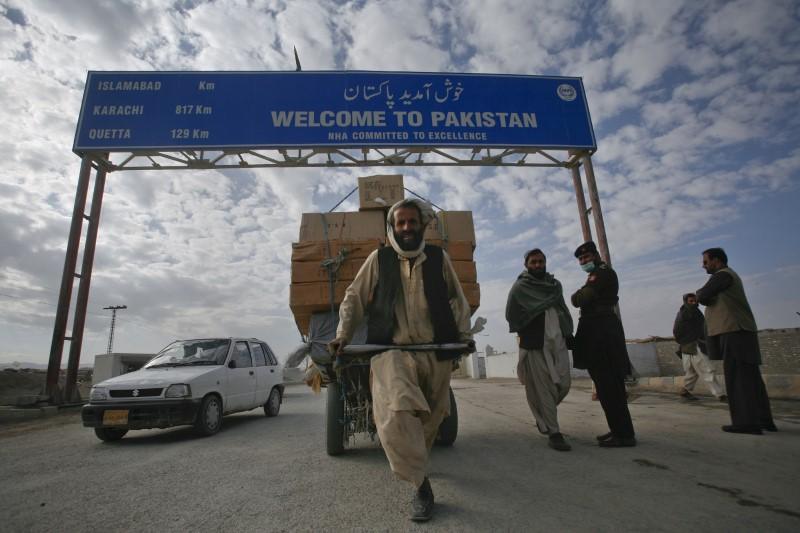ISLAMABAD: Pakistan has decided to keep its borders with Iran, Afghanistan and India closed for another two weeks as it stepped up efforts to contain the proliferation of the novel coronavirus which has so far infected more than half a million people worldwide.
“The government has decided to keep Pakistan’s western and eastern borders closed for another two weeks,” said Special Assistant to the Prime Minister on National Security Dr Moeed Yusuf while addressing a news conference on Saturday.
Special Assistant to the Prime Minister on Health Dr Zafar Mirza and National Disaster Management Authority (NDMA) Chairman Lt Gen Mohammad Afzal were also present at the presser.
According to Dr Yusuf, the decision to keep the borders closed was taken at a meeting of the National Coordination Committee (NCC) for COVID-19 held on March 26. “All flights will also remain suspended till April 4,” the adviser added.
Dr Yusuf, however, clarified that the government could give special waivers for flights if a country requests to evacuate its stranded citizens in Pakistan. “Our ports will, however, remain open,” he said.
Speaking on the occasion, Dr Zafar Mirza said four groups of people could be tested for the coronavirus.
“These include asthma patients who come in contact with COVID-19 patients; people with respiratory illnesses or immuno-deficiencies; asthma patients or those with other respiratory illnesses; and people currently admitted in hospitals.”
Dr Mirza said those who have diabetes or cardiac problems and come in contact with a coronavirus patient or quarantined people could also be tested. “The only valid test for COVID-19 is the Polymerase Chain Reaction (PCR) test,” he added.
The NDMA chairman said the government is arranging more ventilators, which, he said, are being procured. He said his authority has placed an order for 679 ventilators.
“Four hundred of these machines should arrive within the next two weeks. Some countries have also donated 125 to 150 ventilators, which should arrive within the next few days,” he said. He said the NDMA and the National Institute of Health (NIH) are also trying to increase testing capacity in the country.
“Three institutions in Karachi – Indus Hospital, Sindh Institute of Urology and Transplantation (SIUT) and Jinnah Postgraduate Medical Centre (JPMC) – are going to be provided testing kits,” said Lt Gen Afzal.
“We are doing feasibility studies to know where we can set up laboratories in Punjab,” he added.

